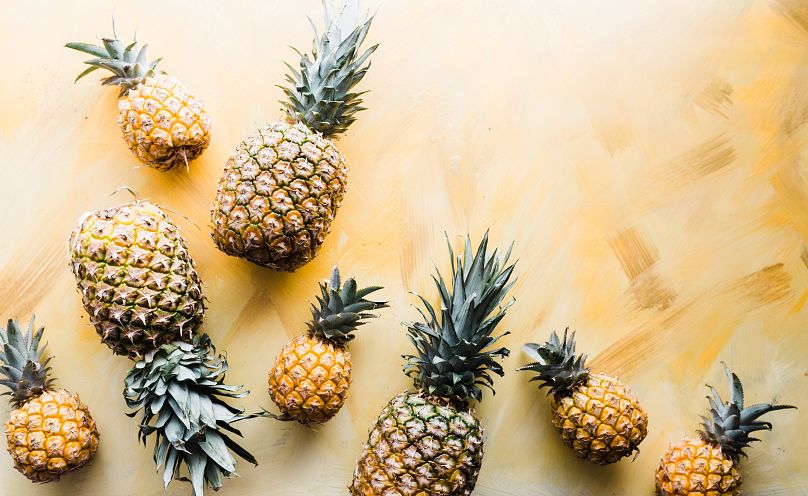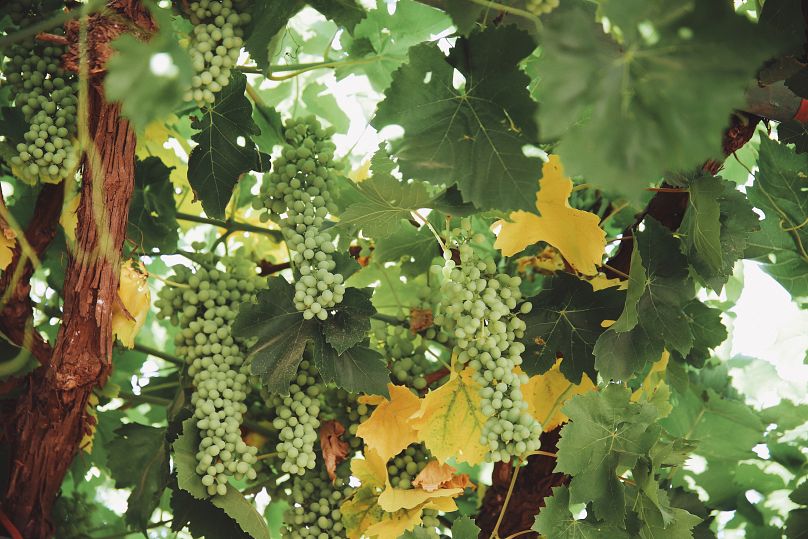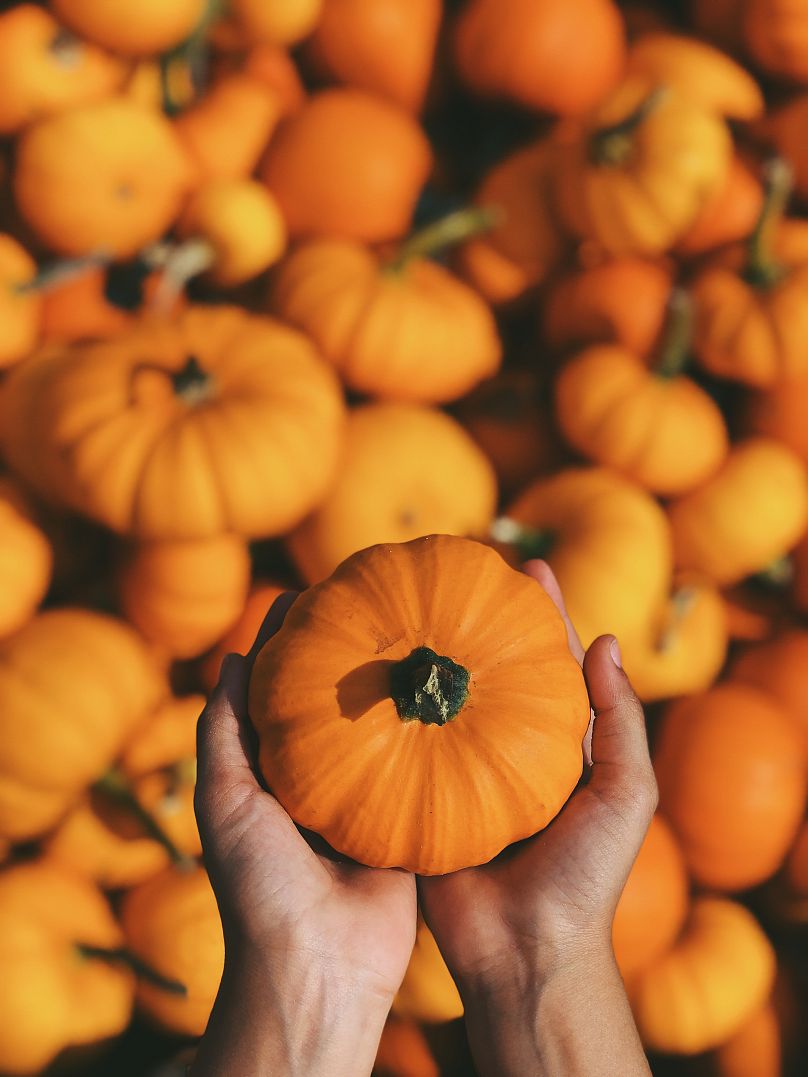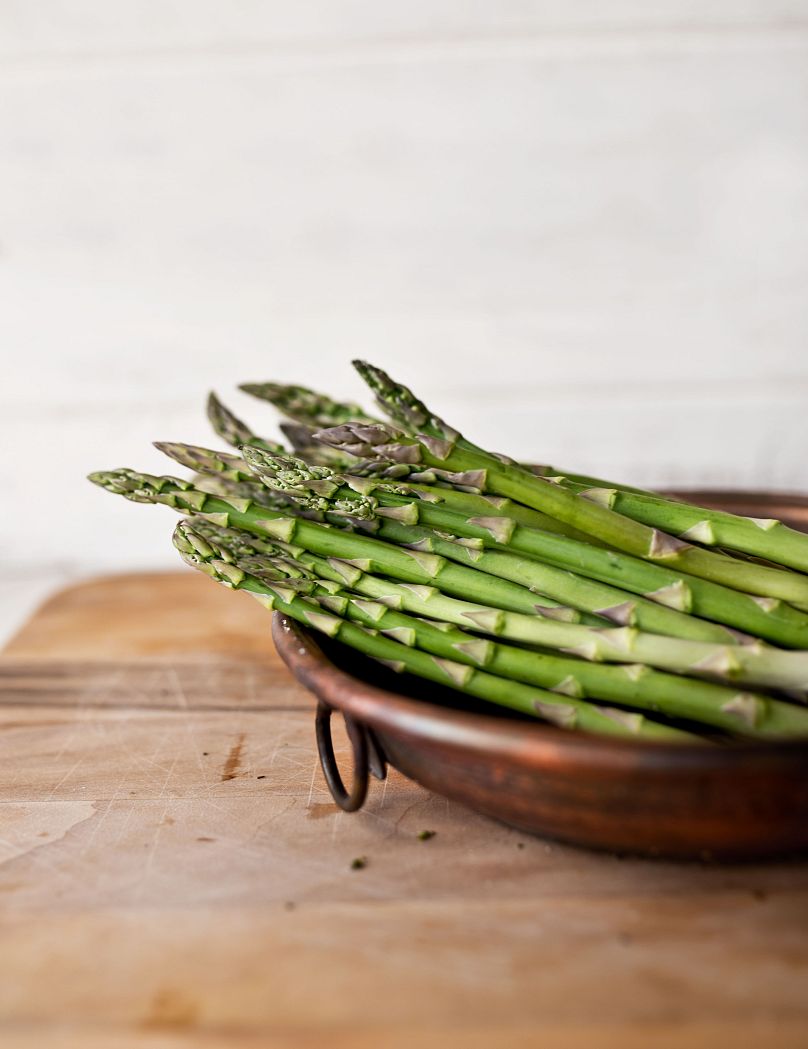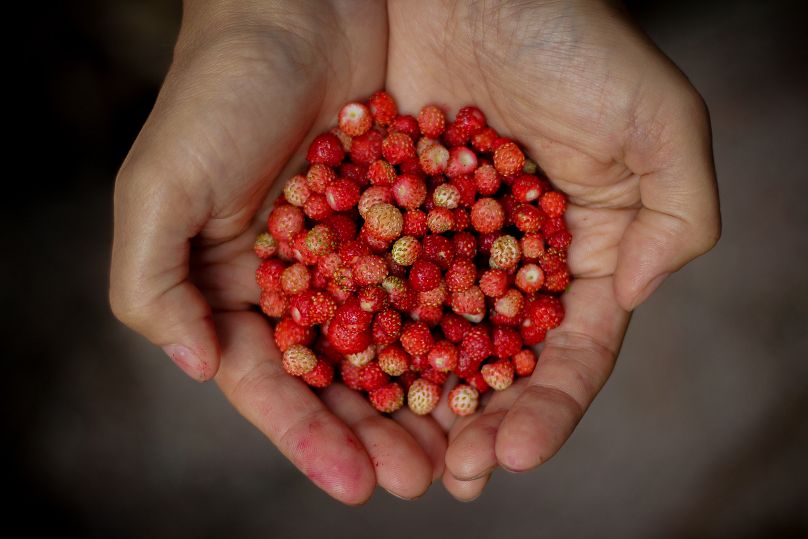Should we be eating fruits and vegetables in season to reduce our carbon footprint and improve our health?
 ADVERTISEMENT
ADVERTISEMENT
Now that summer tans are a distant memory and winter coats have been taken out of storage, does your fridge look any different? Walking into a supermarket in the UK, it’s almost impossible to tell what time of year it is, save for the Halloween or Christmas decorations.
While you can buy pineapples and blueberries all year round, fruits like these are in fact cultivated between March and August. This begs the question, should we be eating them in winter? Eating in season is one surefire way to know you are reducing your carbon footprint - and improving your health while you’re at it.
How many miles did your food travel?
Let’s get this straight. Everything we eat has a carbon footprint, and a key measure of this is food miles, which refer to the distance something has travelled from origin to plate.
Undeniably, the way in which our food is transported is a key contributor to the amount of harm we do to the planet.
We all know that we should cut down on air miles in order to reduce our carbon footprint, but what we don't consider is this is also true for food. When food is flown, it generates “one hundred times the carbon emissions per kilometer” compared to food that is shipped. Plane transportation is now more popular than ever, having risen 140% since 1992.
Read more | EU Countries say airlines should pay for polluting the planet
Given every fruit and vegetable is available on a year-round basis, this is having a substantial impact on the earth. Faced with an ecological crisis, this amount of aviation simply isn’t a luxury we will be able to sustain, especially with an ever-increasing global population, expected to grow by 3.1 billion people between 2020 and 2100.
A group of academics published a paper last year in 'Nature journal' proving that “the environmental pressure of the food system could increase by 50-90% by 2050.” This is as a result of both population growth and “the continued Westernisation of diets.”
Is eating locally the solution?
The benefits of eating locally are not only limited to a reduction in food miles, you are also helping to protect local land and wildlife from mass-scale agriculture. This includes the harmful use of pesticides and the destruction of diverse landscapes, transforming them into mono-agricultural areas that are more vulnerable to risk and climate shocks.
The healthy option
Do you ever wonder whether the benefits of eating locally and in season extend beyond the environmental impact? Where does health come into it?
Eating seasonal produce throughout the year has the potential to minimise your exposure to preservatives, give you fruit and vegetables that are more 'nutrient dense', and even reconnect your body with nature’s cycles.
By transporting and storing food, producers go to great lengths to ensure fruit and vegetables stay fresh. In other words, preservatives are so-called for a reason, they ‘preserve’ food in an artificial capacity. For example, in UK supermarkets, grapes may have been stored for two to six months in countries like South Africa before arriving in the country. In order to stop them from moulding, they are sprayed with fungicide Sulphur dioxide.
It is also worth bearing in mind that eating in season as a precaution for your health is nothing new. Ritucharya is a term in Ayurveda, or the ancient Indian science of life, and is all about eating with the seasons. The key principle of Ayurvedic practice is the concept that our bodies exist in relation to the natural world, and thus being in touch with nature and the elements is key to maintaining well-being.
Although Ritucharya is not based on European seasons of spring, summer, autumn and winter (instead it’s two periods of three months at a time) the idea of shifting our eating patterns throughout the year remains.
Read more | My eco job: saving ugly fruit and veg from landfill
What should I be eating every season?
Autumn
Every autumn, as the temperatures drop, summer fruit and vegetables begin to die without the protection of glasshouses.This is the time of year to focus on buying and eating root vegetables, such as swedes, parsnips and beetroot. It’s also a perfect time to make use of those Halloween pumpkins by making pumpkin soups and stews.
Make the most of this time of year as the leaves turn golden, and why not make a crumble with the seasonal fruit such as apples, blackberries, pears and plums.
Read more | Halloween: the nightmarish statistics of this holiday’s food waste
Winter
Winter is a time when it is particularly important to stay healthy and eat the right foods. But what does this mean?
Vegetables in season during the winter include staples for your Christmas dinner, such as brussel sprouts, carrots, parsnips and potatoes. Apples are still ripe too, along with pears and quince.
Spring
During spring, everything is blooming into life, including your fruit and vegetables. So, this is the time of year to make the most out of the fresh vegetables on offer, such as sprouting broccoli, asparagus, spinach, spring onion and watercress.
Summer
This is the time of year to make the most of the warm weather and go fruit picking. Look out for strawberries, gooseberries, elderflower and raspberries.
What do the experts say?
Dr. Sean Beer, Senior Lecturer in Agriculture at Bournemouth University, has written extensively on the topic. In an article for The Conversation, he explains, “I want people to think about the food that they eat, not just as 'field to fork' but from 'seed to soul.'”
We spoke to Dr. Beer about how we can connect more with nature. He told Euronews Living, “everyday people put food in their mouths without a second thought. That food becomes part of them.” Perhaps this idea of being more connected with nature runs deeper than simply our eating patterns. According to Dr. Beer, it is only with an increased consciousness of nature’s cycles that we can renew our connection with the environment.
“Anything that helps people reflect on their environment, surely must help them experience how special and vulnerable our environments are,” he said. Elaborating, he went on to explain that in this increasingly “digitised world”, food can be a great way to examine our engagement with the landscape and the climate that surrounds us.
Although eating locally may not solve all the sustainability issues within the food industry, adjusting our eating patterns may empower us to feel more in touch with ourselves and the environment.
Dr. Beer concludes, seasonal food is a way to “reconnect with our home. We all need to have a home.”











